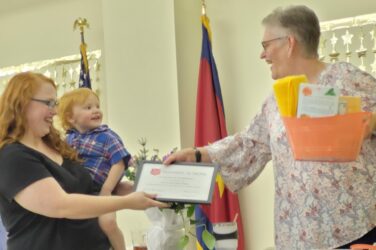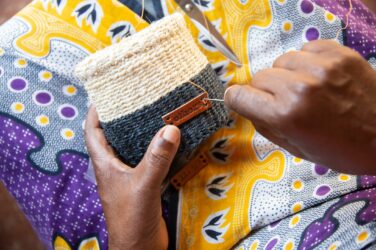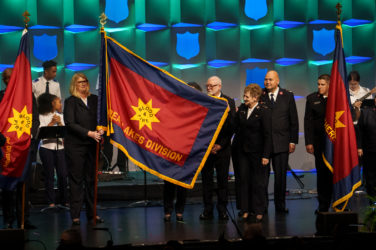by Allison Jordan
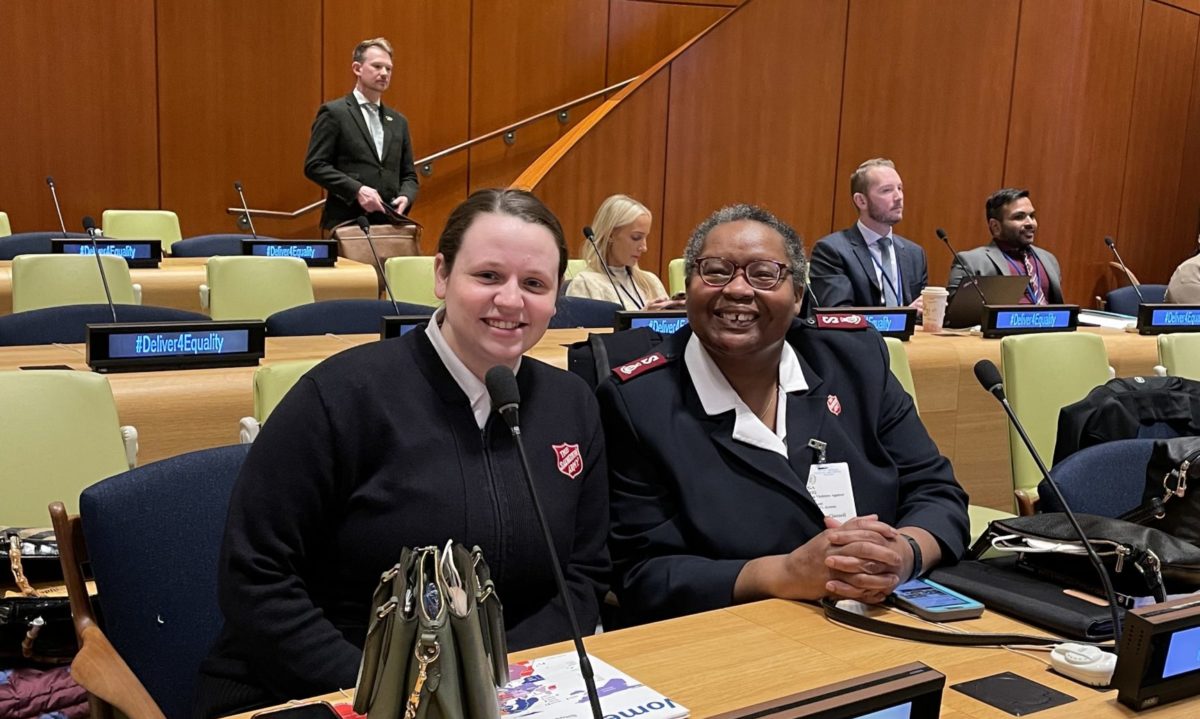 The United Nations Commission on the Status of Women (CSW) convened for its 66th session this spring. The CSW exists to evaluate progress toward gender equality on a local, national and global level.
The United Nations Commission on the Status of Women (CSW) convened for its 66th session this spring. The CSW exists to evaluate progress toward gender equality on a local, national and global level.
I had the privilege of traveling to New York City as part of the Central Territory’s delegation, alongside Major Katherine Clausell, territorial social justice and urban mission secretary, Elyse Dobney, director of the territory’s Center for Social Justice Urban Mission, and Magnolia Clayton.
We participated in a number of plenary meetings, as well as official UN side events and parallel events hosted by other non-governmental organizations following the event’s hybrid format.
At The Salvation Army’s International Social Justice Commission, we participated in a watch party for the opening ceremony and a virtual town hall meeting with UN Secretary- General António Guterres.
This year’s priority theme was “Achieving gender equality and the empowerment of all women and girls in the context of climate change, environmental and disaster risk reduction policies and programmes.”
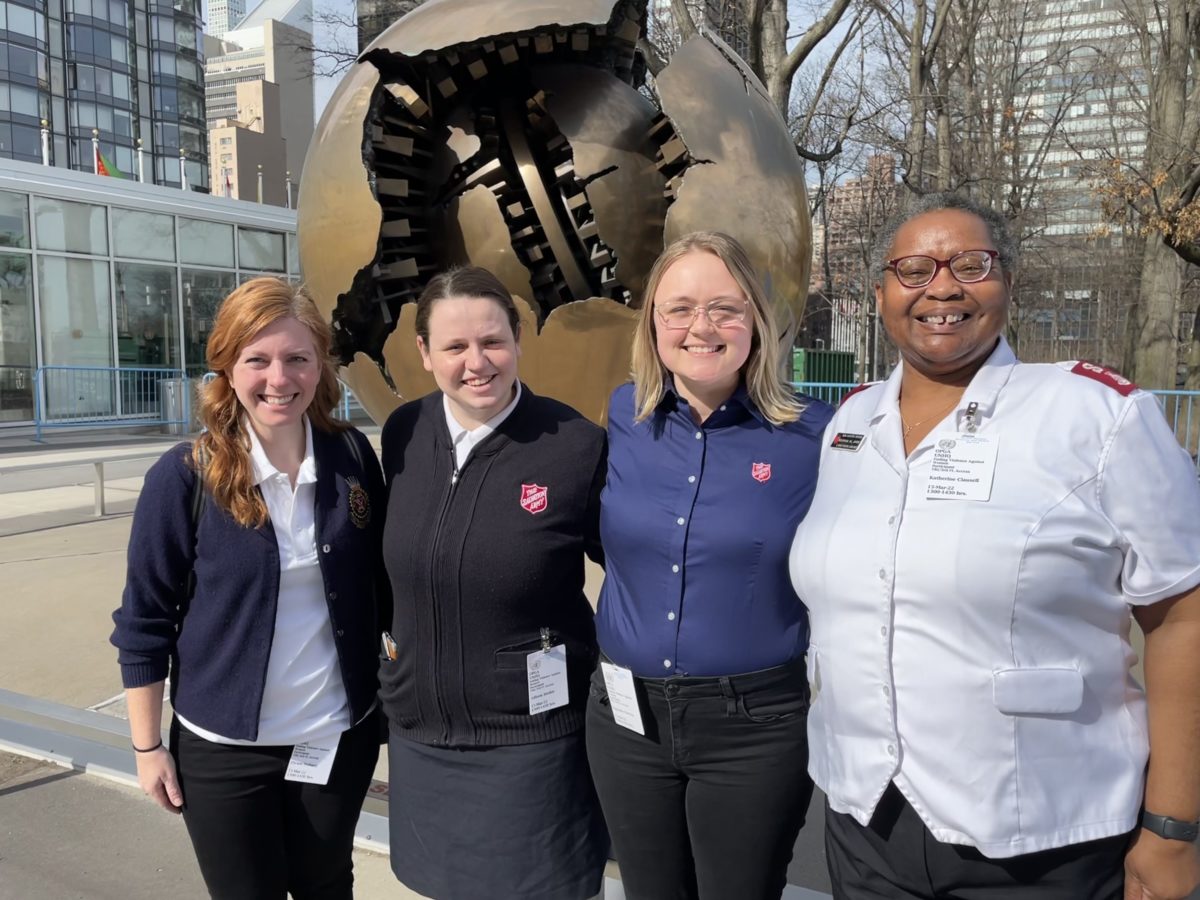 I learned quickly that the effects of climate change disproportionately impact women and girls which gives them unique authority to speak to these issues. During the first plenary session, a speaker shared that male-dominated teams come up with male-dominated solutions. These solutions overlook consequences of climate change that affect women specifically such as reproductive health care, accessibility to resources, and food security for the family. Women, specifically rural and indigenous women, understand these challenges best because they live with them.
I learned quickly that the effects of climate change disproportionately impact women and girls which gives them unique authority to speak to these issues. During the first plenary session, a speaker shared that male-dominated teams come up with male-dominated solutions. These solutions overlook consequences of climate change that affect women specifically such as reproductive health care, accessibility to resources, and food security for the family. Women, specifically rural and indigenous women, understand these challenges best because they live with them.
In addition, women and girls bring a fresh perspective to conversations surrounding climate change based on their more traditionally feminine characteristics and leadership qualities.
For example, in many cultures women are traditionally considered nurturers and caretakers. This translates to people-centric decision-making and innovation based on the resources available. Additionally, maternal instinct equips women to consider long-term solutions more easily as they are considering future generations when coming up with solutions for the present.
Attending the CSW was an energizing and empowering experience. My perspective on gender equality has shifted in the most freeing way. It is not about making anyone more masculine or feminine. It is not about placing people at a decision making table for inclusion’s sake. Rather, gender equality is about valuing the different skill sets that have been brought to the table equally and regardless of gender.
The day before the commission started, the Lord gave me a verse to center my experience. Psalm 133:1 (NIV) says, “How good and pleasant it is when God’s people live together in unity!” May it be so.

